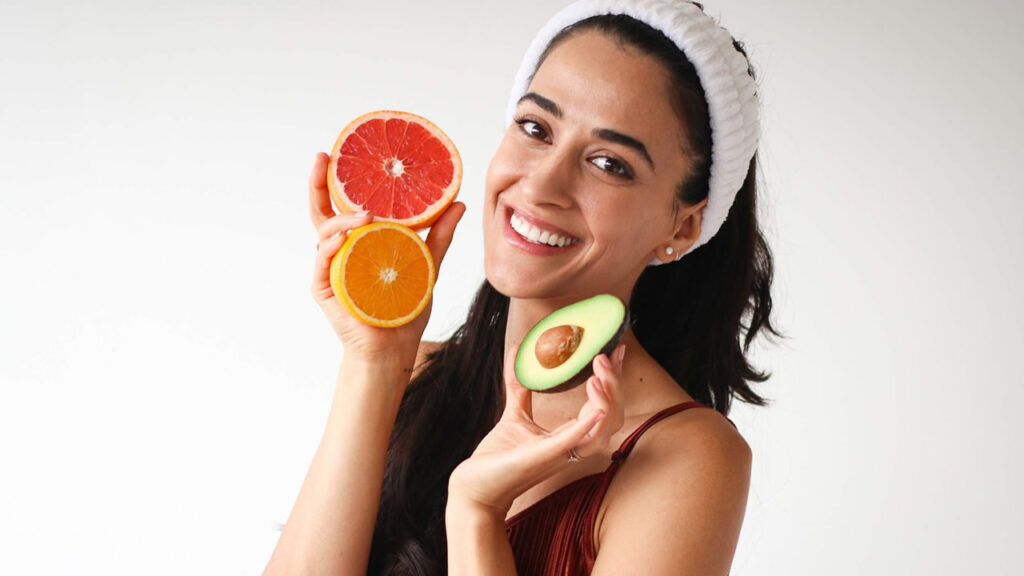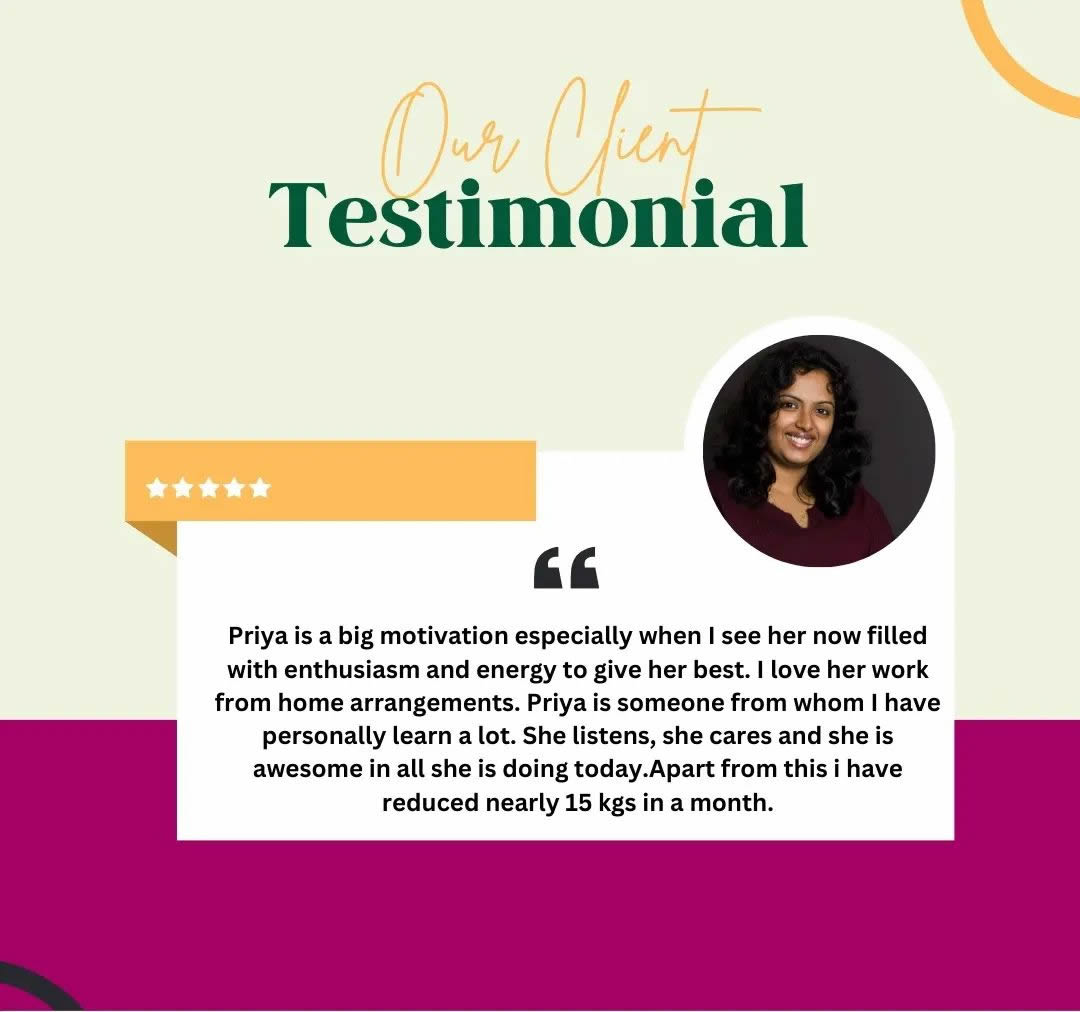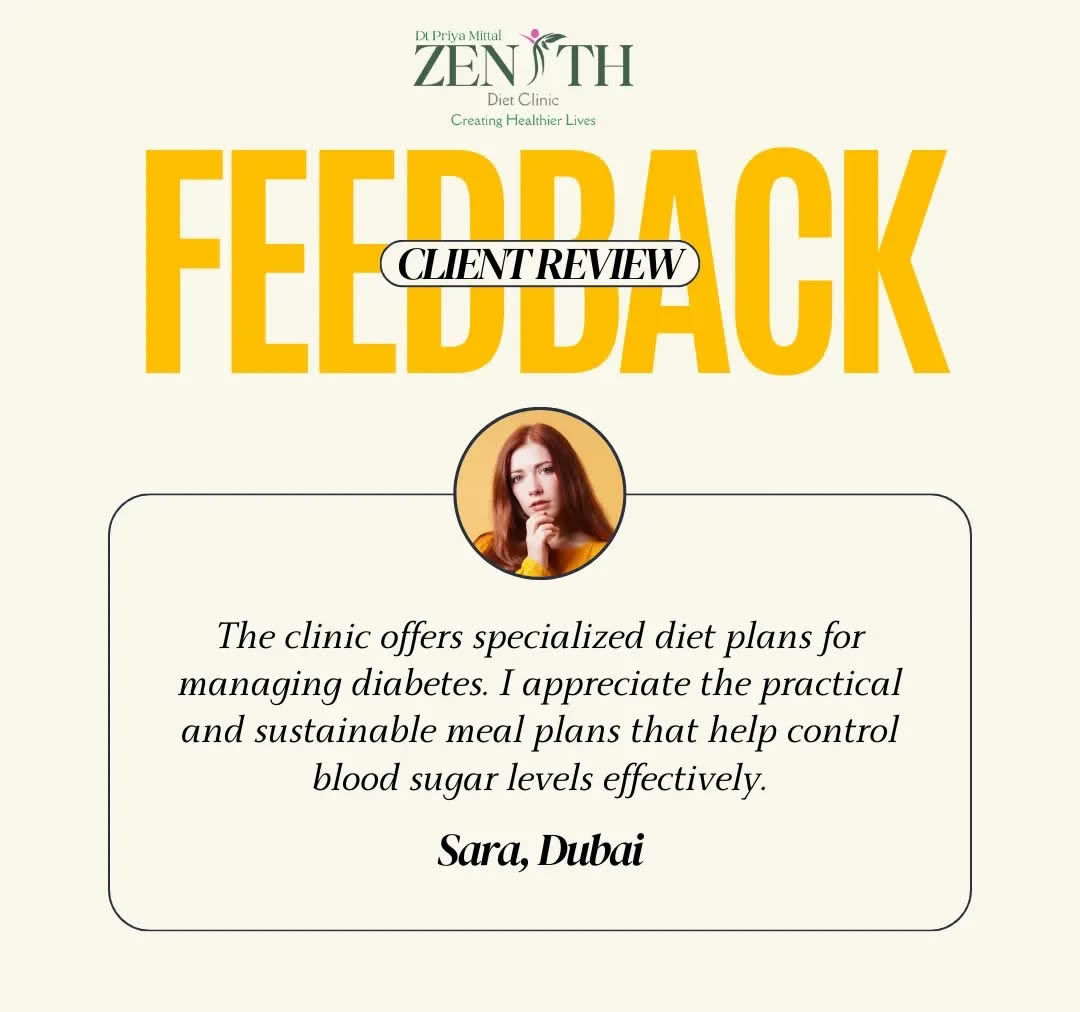Radiant, healthy skin isn’t just a result of external skincare routines; it begins with what you put into your body. The connection between nutrition and skin health is undeniable, and consulting a dietician can be a game-changer in achieving that coveted glow. In this comprehensive blog post, we’ll delve into eight signs that suggest it’s time to seek the expertise of a dietician for optimal skin health.
- Persistent Acne or Breakouts: Acne is not just a teenage woe; persistent breakouts in adulthood may indicate an underlying issue. A dietician can assess your diet, looking for potential triggers like dairy, processed foods, or high-glycemic foods, and create a plan to promote clearer skin.
- Chronic Inflammation: Inflammation is often at the root of various skin conditions. A dietician can recommend an anti-inflammatory diet rich in antioxidants, omega-3 fatty acids, and colorful fruits and vegetables to help calm inflammation and promote healthier skin.
- Dry, Flaky Skin: Dehydrated skin may be a sign that you’re not getting enough essential fatty acids or hydration from your diet. A dietician can guide you towards foods rich in omega-3s, such as fatty fish and flaxseeds, and advise on proper hydration for skin suppleness.
- Premature Aging Signs: Wrinkles, fine lines, and sagging skin can be accelerated by poor nutrition. A dietician can create a plan with foods rich in antioxidants, vitamins C and E, and collagen-boosting nutrients to slow down the aging process and promote a youthful complexion.
- Food Sensitivities or Allergies: Skin conditions like eczema or psoriasis can be aggravated by food sensitivities or allergies. A dietician can help identify trigger foods and create a personalized nutrition plan to alleviate symptoms and promote healthier skin.
- Dull or Lackluster Complexion
A lack of radiance in your complexion may indicate nutrient deficiencies. A dietician can assess your diet for potential gaps and recommend foods rich in vitamins A, C, and E, as well as minerals like zinc for a brighter, more vibrant complexion. - Excessive Redness or Rosacea: Chronic redness or rosacea may be linked to dietary choices. A dietician can identify potential triggers like spicy foods or alcohol and guide you toward a skin-friendly diet that minimizes redness and inflammation.
- Hormonal Imbalances: Hormonal fluctuations can wreak havoc on your skin. A dietician can create a diet plan that supports hormonal balance, including foods rich in omega-3 fatty acids, fiber, and antioxidants.
Conclusion: Your skin is a reflection of your internal health, and achieving a radiant complexion goes beyond topical treatments. If you’re experiencing persistent acne, inflammation, dryness, premature aging signs, or any of the mentioned signs, it may be time to consult a dietician. By addressing your diet, you can nourish your skin from within, unlocking its natural glow and vitality. Don’t just cover up skin issues; let a dietician guide you towards a healthier, more vibrant you.







